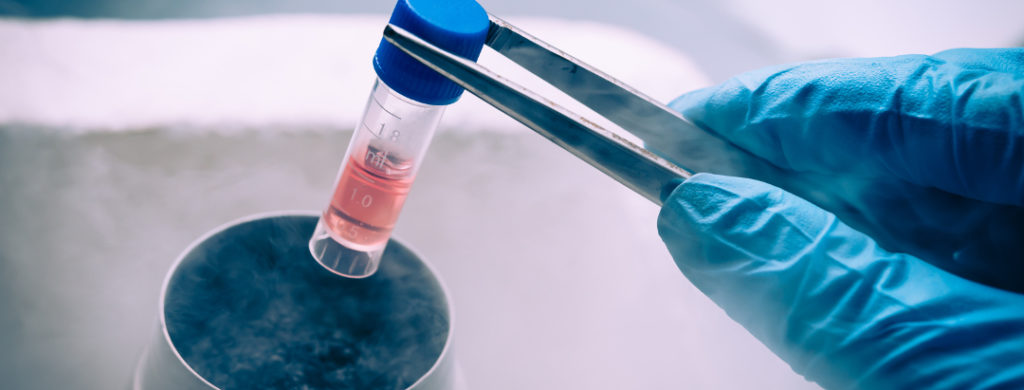Researchers from Bellvitge Biomedical Research Institute (IDIBELL) – Catalan Institute of Oncology (ICO), led by Dr. Alberto Villanueva, and Bellvitge University Hospital (Dr August Vidal) have contributed to a study carried out by Centro Nacional de Análisis Genómico (CNAG-CRG) that has substantially broadened the applicability of single cell genomics by combining cell and tissue cryopreservation with workflows of this emerging research field. The study, published in
Genome Biology, proves that orthoxenografts®/PDOX(an orthotopic tumor model), among other tissues samples, can be cryopreserved without affecting their gene expression profiles.
Cryopreservation is the process of cooling and storing cells, tissues or even organs at very low temperatures to maintain their viability, and permits high rates of survivability of the cells upon thawing.
“In our recent work,
we addressed the potential bottle neck of sample supply by evaluating the possibility of long-term sample storage without compromising the integrity of cell structures and RNA molecules. We were able to isolate intact single cells from cryopreserved cells and tissues, including blood, colon and tumor samples, and showed that gene expression profiles remained unaffected by the conservation method”, says Dr. Holger Heyn, senior author of the study and leader of the CNAG-CRG Single Cell Genomics team.
The study analyzed more than 1,000 single cells either freshly prepared or cryopreserved up to 6 months. “To analyze matched fresh and cryopreserved viable tumor samples, we generated an ovarian and lung orthotopic tumor models, referred to as Orthoxenograft® or PDOX”, explains Dr. Alberto Villanueva, IDIBELL-ICO researcher. The researchers tested the most popular single cell sequencing strategies and could not detect a systematic bias introduced by the freezing procedure, which illustrates the broad application spectrum of the method.
”Our
approach opens the door to the use of the cryopreserved orthoxenografts as a useful material for research, especially for strategies of personalized medicine because it makes available a material that was frozen at the start of the treatment. In addition, thinking in the near future we should begin to consider the routinely implementation of cryopreservation techniques of primary tumors and advanced diagnosis biopsies when making tumor banks”, adds Dr. Villanueva.
In addition, “cryopreservation could be a game-changer on how future single cell projects are designed”, says Dr. Heyn. This opens up new avenues for single cell studies as cryopreservation uncouples the time and location of sampling from subsequent cell separation and sequencing procedures.

